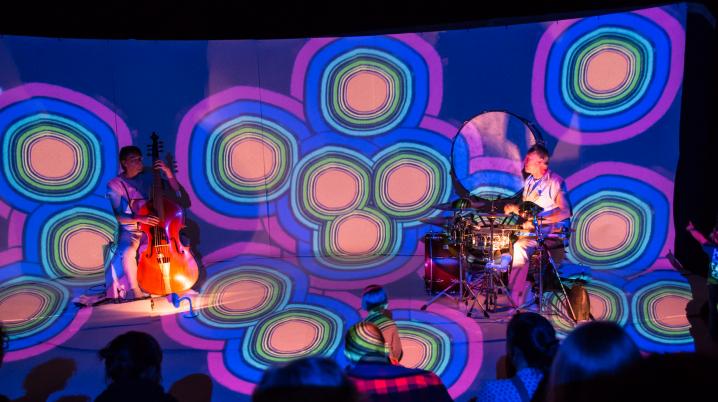
To perform in the United States, European artists need to obtain a work visa: the so-called O-visa (for individual artists) or P-visa (for groups and individual artists that are part of a group).
Last January, the US Department of Homeland Security (DHS) proposed a rule that would impose very steep increases on some of its application fees, including for the O- and P-visas. If the measure is implemented, an artist applying for an O-visa will have to pay $ 1650 (around € 1560) instead of $ 460 (€ 435); an increase of 260%. Fees for P-visa applications would increase by 251% from $460 to $1,615 per application.
Furthermore, the total number of individuals on a single application would be capped at 25. This will require multiple applications for larger ensembles. For example, a visiting ballet company comprising 110 dancers (or an orchestra comprising 110 musicians), plus a handful of accompanying support staff would have to submit 6 visa applications rather than 2.
Open letter
The proposed rule has caused a big stir in Europe, motivating nearly 200 European cultural associations and organisations, to sign a letter to the European Commission. Initiated by network organisation Pearle Live Performance Europe, the letter calls for help to express concerns on behalf of the EU to the US.
Convinced of the importance of accessible artist mobility, DutchCulture has signed the letter, alongside 47 other Dutch signatories such as the Performing Arts Fund NL (Fonds Podiumkunsten), Dutch Music Export and the Association of Dutch Pop Venues and Festivals (Vereniging Nederlandse Poppodia en Festivals).
The open letter stresses that artists and cultural professionals from the US enjoy visa-exempt status when travelling to the Schengen area and have exemptions for work permits in a large majority of EU member states (such as the Netherlands) in case of short stays. These advantages allow for easier travel and a proportionally higher traffic of US-based artists to the EU, with no extra costs.
“It’s extremely unjust,” says Marcel Albers of Dutch Music Export in the Volkskrant newspaper. “American artists do not need a visa or permit to come here to perform. They fly in and start playing, without any cost or hassle. That really hurts. Especially since those visas may now become unaffordable.”
Advocacy in the US
Resistance to the proposed rule has been voiced in the US as well. Matthew Covey, director of Tamizdat, a New York-based non-profit organisation that facilitates and advocates for international cultural mobility and exchange, states: ”It is incredibly unfair (and arguably unlawful) that the arts community is being asked to foot the bill for increased bureaucracy, when this perpetually increasingly bureaucratic process is already unfathomably burdensome.”
Tamizdat is one of the signatories of the open letter to the EU and has started to coordinate advocacy efforts with major performing arts service organisations in the US such as the League of American Orchestras, the Association of Performing Arts Professionals (APAP), Carnegie Hall and Dance/USA.




